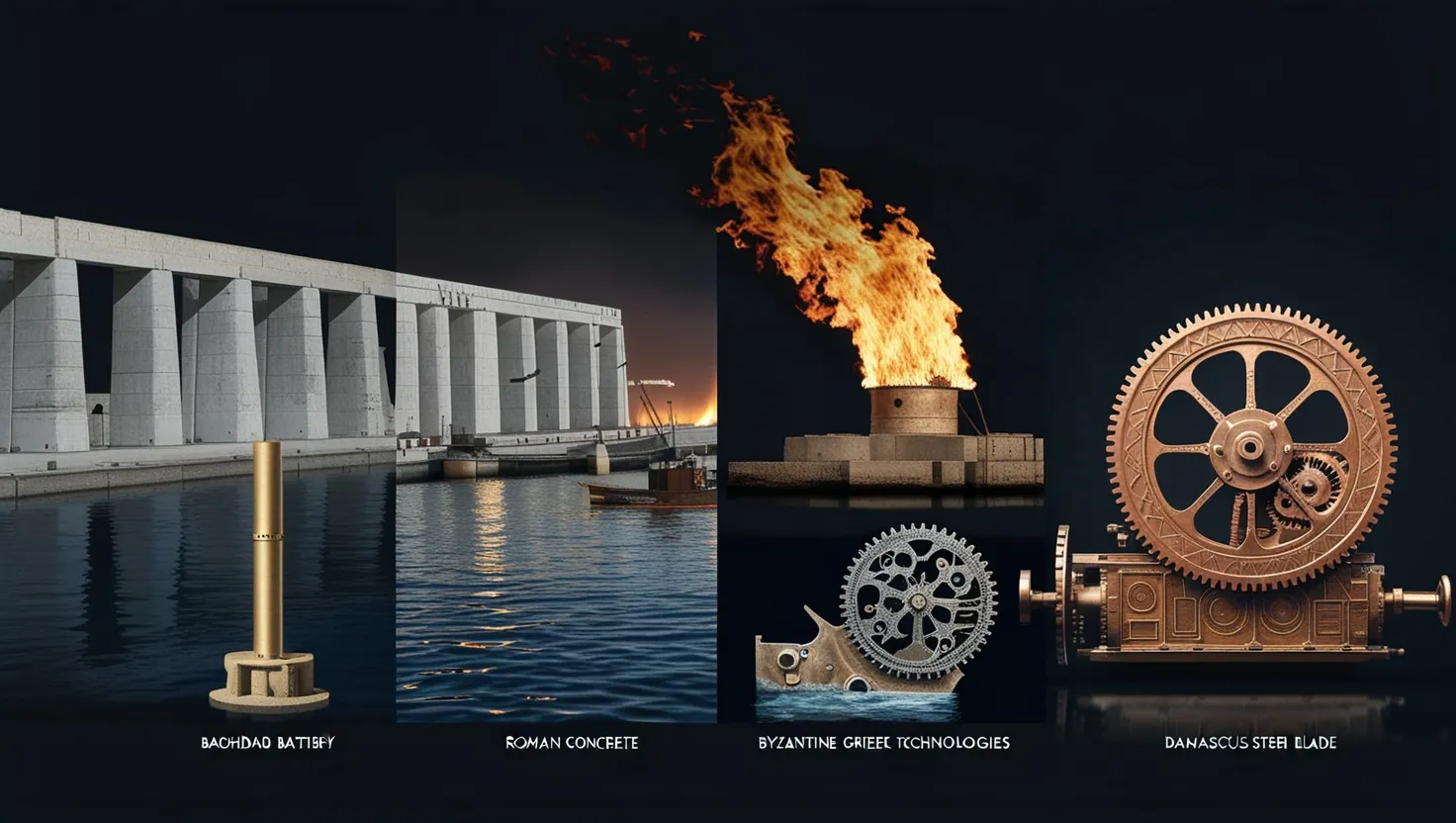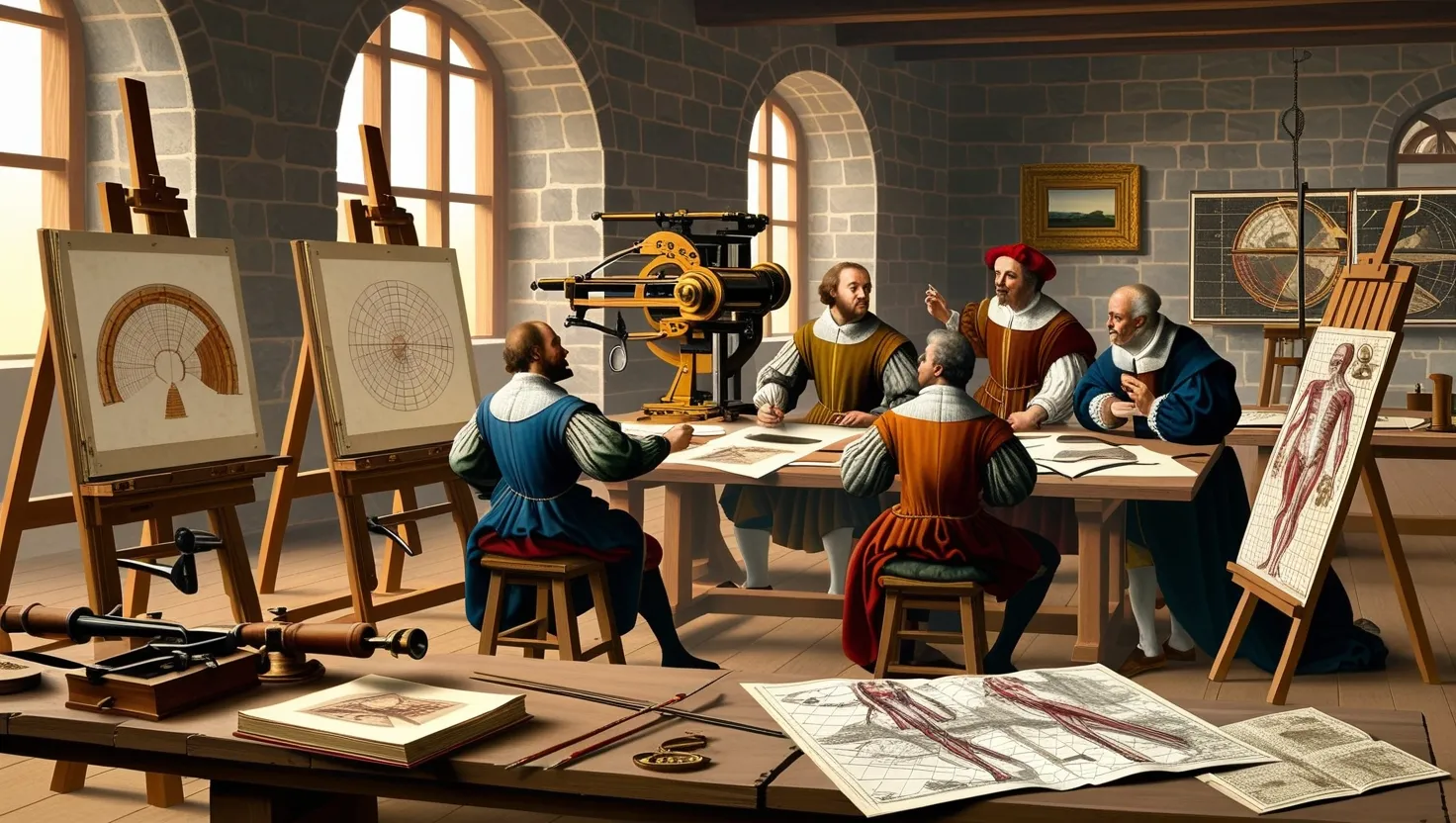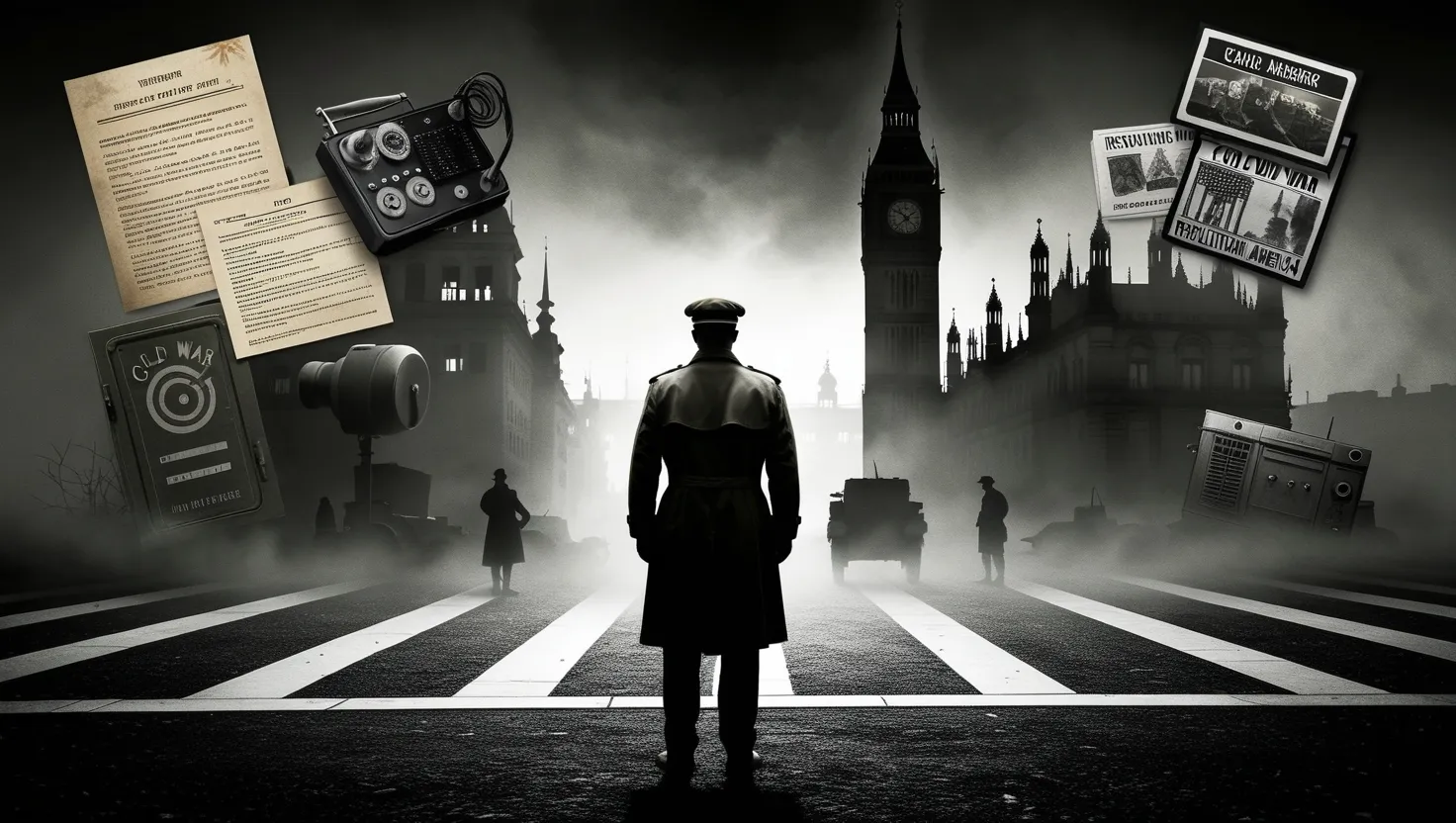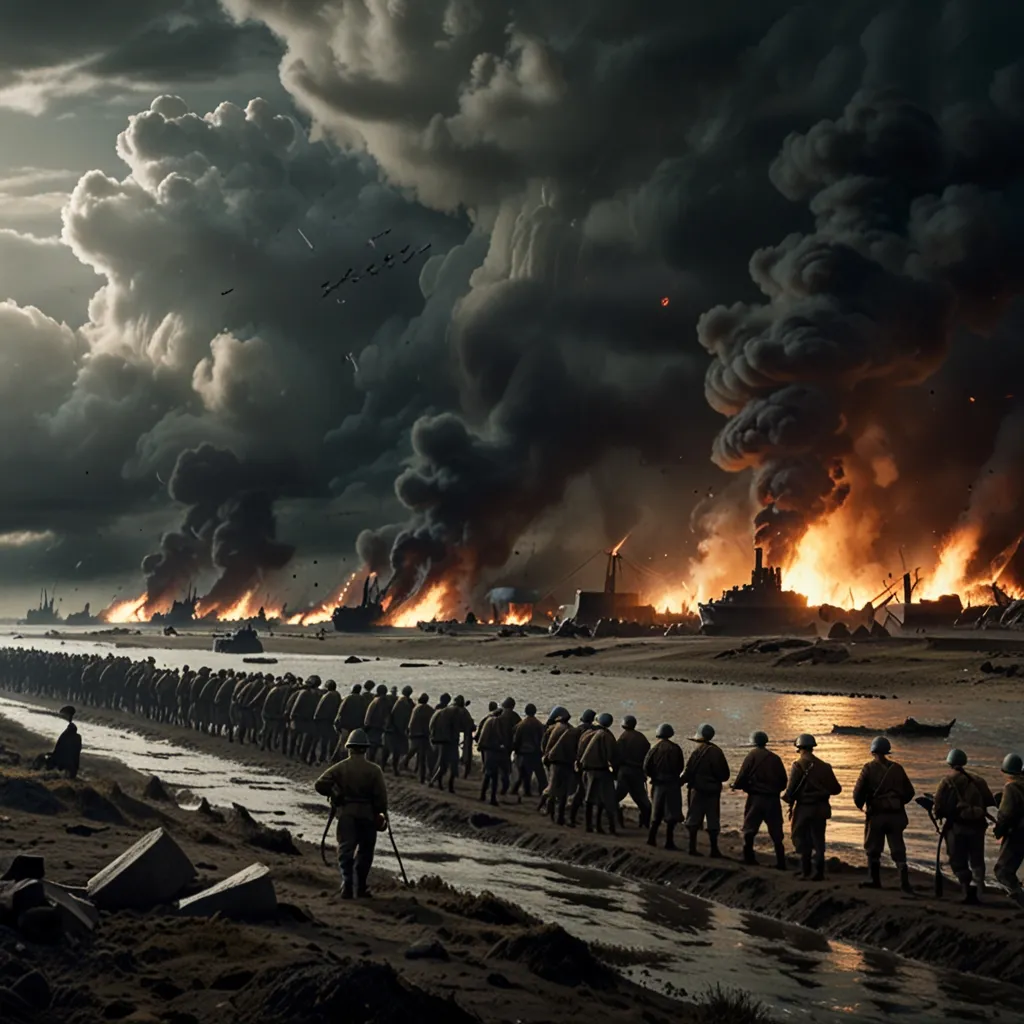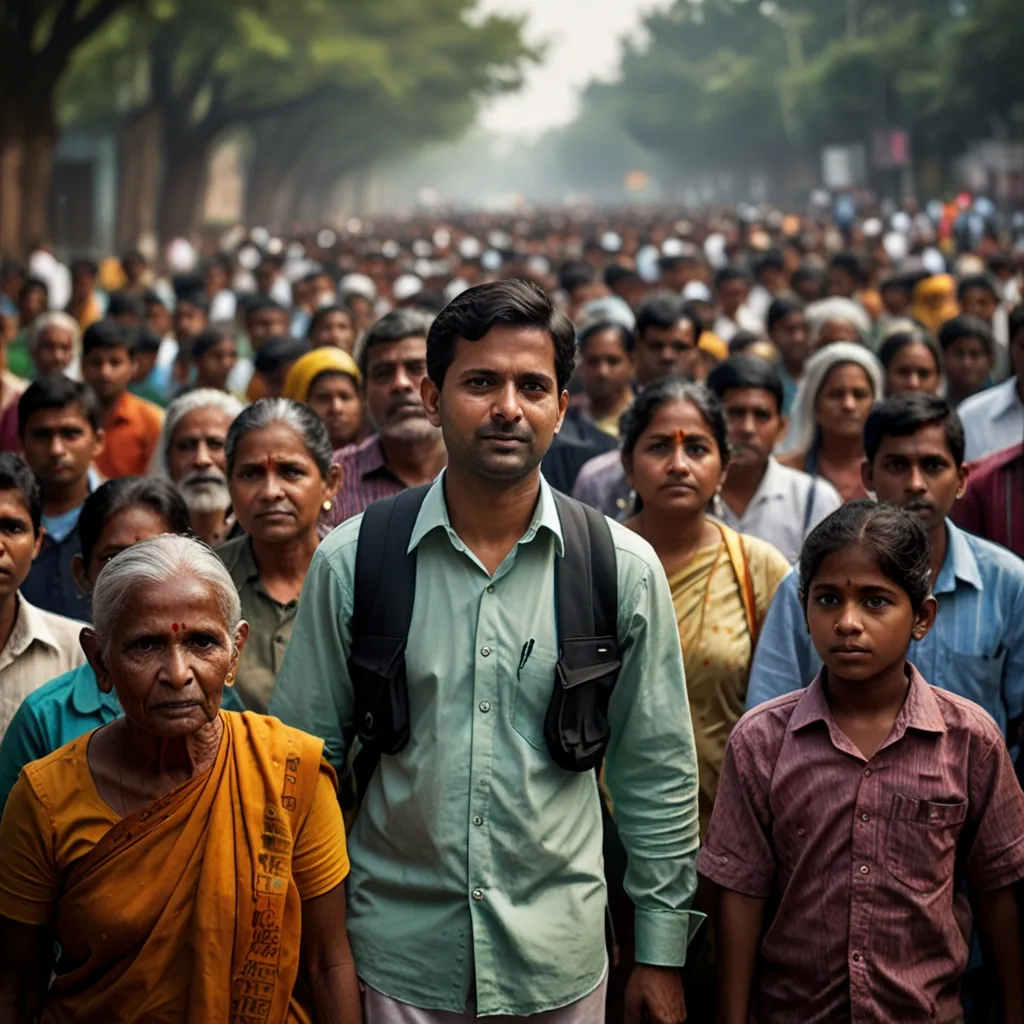Article 370 was a key part of the Indian Constitution, giving Jammu and Kashmir special status. This setup allowed the state to have its own constitution and make its own laws. It also kept India’s central government mostly hands-off, except for defense, foreign affairs, and communications.
The roots of Article 370 go back to 1947 when British India was split. Maharaja Hari Singh, the ruler of Jammu and Kashmir, had to choose between joining India or Pakistan. At first, he wanted to stay independent, but he eventually signed up with India in October 1947. This agreement let the state stay autonomous in all matters except the big three mentioned earlier.
Article 370 was meant to protect Jammu and Kashmir’s rights. It was put in the constitution so the state could create its own laws and decide how much power to share with India’s central government. Any changes to this article needed the state’s legislative body’s approval.
The importance of Article 370 was in how it kept Jammu and Kashmir’s unique political and legal status. The state could have its own laws, especially around who could be a permanent resident and own property. This was vital for maintaining its demographic setup, which is mostly Muslim.
In 2019, Prime Minister Narendra Modi’s government decided to revoke Article 370. This stirred a lot of controversies and legal battles. The government said the article was temporary and revoking it was needed to fully integrate Jammu and Kashmir into India. Critics argued it was illegal and against the article’s spirit.
The revocation brought big changes. Jammu and Kashmir was split into two union territories: Jammu and Kashmir, and Ladakh. Indian laws now applied there. This moved the political landscape significantly and had huge impacts on the locals.
Political motivations played a role, too. The Bharatiya Janata Party (BJP), which had always opposed the special status, saw this as fulfilling an election promise. While popular in many parts of India, it sparked protests and criticism in Jammu and Kashmir.
Legal debates raged on about whether the revocation was legit. Experts said it wasn’t because proper constitutional steps weren’t followed. The Supreme Court of India, however, upheld the government’s move, suggesting that Jammu and Kashmir should have the same status as other Indian states.
In short, Article 370 was a pivotal part of the Indian Constitution, giving special status to Jammu and Kashmir. Revoking it shook things up politically and legally, remaining a hot topic in Indian politics.

